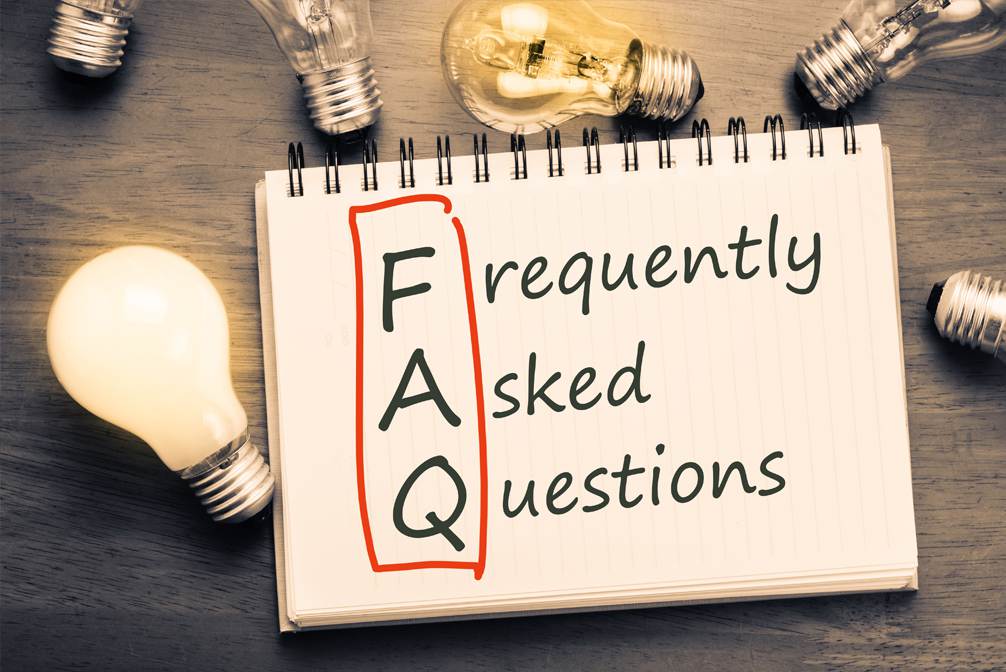
Common FAQs During The Loan Process
- 16 April, 2021
After helping thousands of homeowners, we have heard every question out there. We have compiled the list of the most commonly asked questions about the home loan process.
Do I Need 20% Down To Buy A Home?
You do not need a 20% down payment to buy a home. While putting 20% down will help you avoid paying mortgage insurance, it is not a requirement of any loan program for a primary residence. Depending on the loan program you go with, you can put zero down. These programs have certain limitations, and it is important to speak with a licensed mortgage professional about what is right for your specific situation.
What’s The Difference Between Pre-Qualified & Pre-Approved
When you first meet with a loan officer, they will issue either a pre-approval or pre-qualification. They sound similar but are not the same.
Pre-Qualification
When you are pre-qualified, it means that your loan officer has looked at your initial documentation and given an estimation of your potential qualification. This is not a guarantee of approval and should be looked at as the “first step.”
Pre-Approval
When you are pre-approved, it means that all of your documentation has been verified and has been put through underwriting. Your credit has been checked, and you have been issued a pre-approval letter. This will allow you to shop for a home and get under contract smoothly.
How Much Home Can I Afford?
Your loan officer will determine exactly how much home you can afford. Depending on the loan program you choose, you will know your max DTI (debt-to-income), and from there, you will know what the most home you can afford is.
Make sure you explain your maximum comfortable monthly payment to your loan officer, as this will ensure you don’t get stuck in a mortgage you can’t afford just because you qualify for it.
What Does My Mortgage Payment Include?
Your monthly mortgage payment can be broken down into four key components known as PITI.
Principal:
Principal is the unpaid balance of the loan. This decreases your balance monthly as you make payments.
Interest:
Interest is what the lender charges to borrow the money.
Taxes:
Taxes are determined by your local county and paid to them directly from your escrow account.
Insurance:
Insurance is paid monthly into your escrow account for the protection of your home.
When Is My First Mortgage Payment Due?
Your first mortgage payment will be made on the first day of the month after your closing. For example, if you close your mortgage on May 5th, you will not make a payment until June 1st. While you won’t make a mortgage payment, you will still be responsible for the interest accrued in the month of your closing. This interest owed will be paid at the closing table and listed on your closing disclosure.
If you have questions about the loan process, click here to schedule a time to speak with a licensed home loan expert today.
